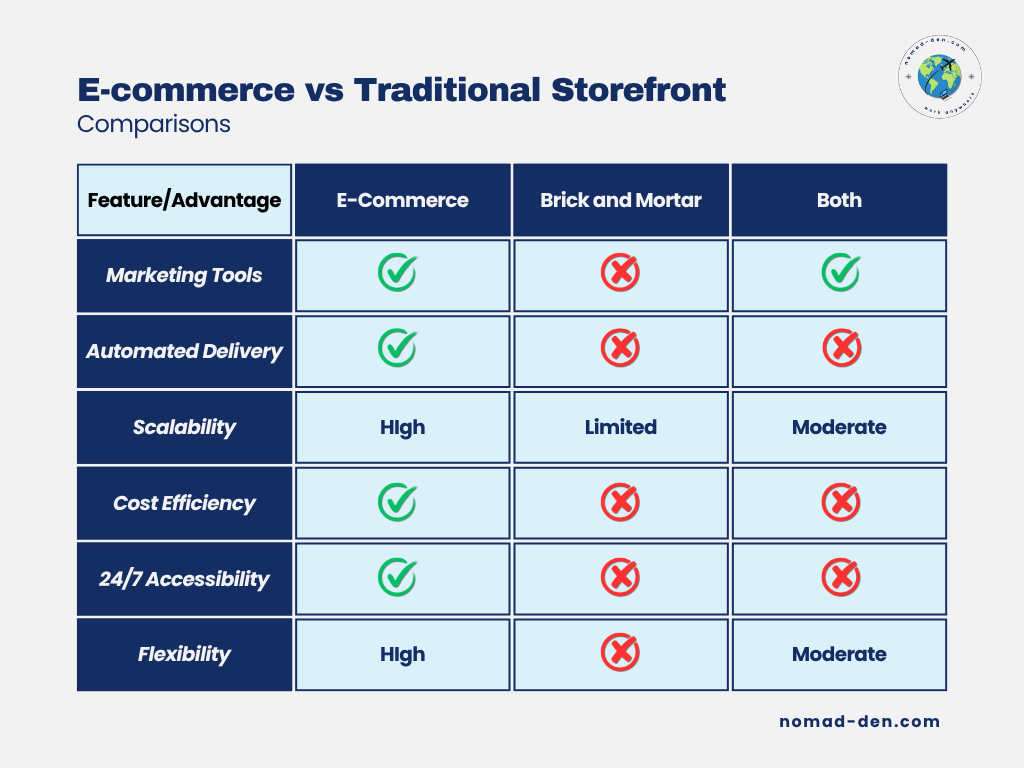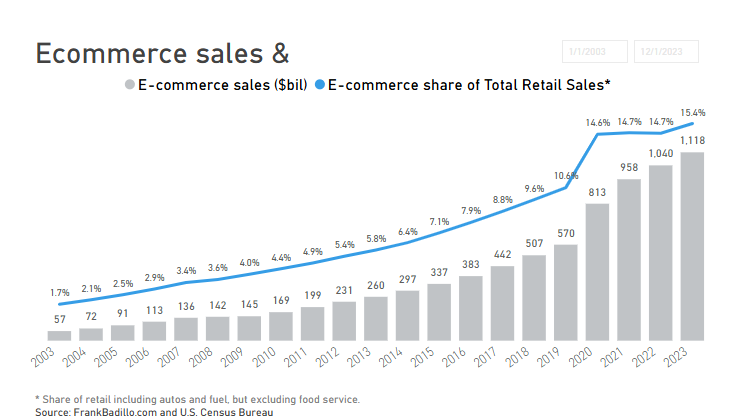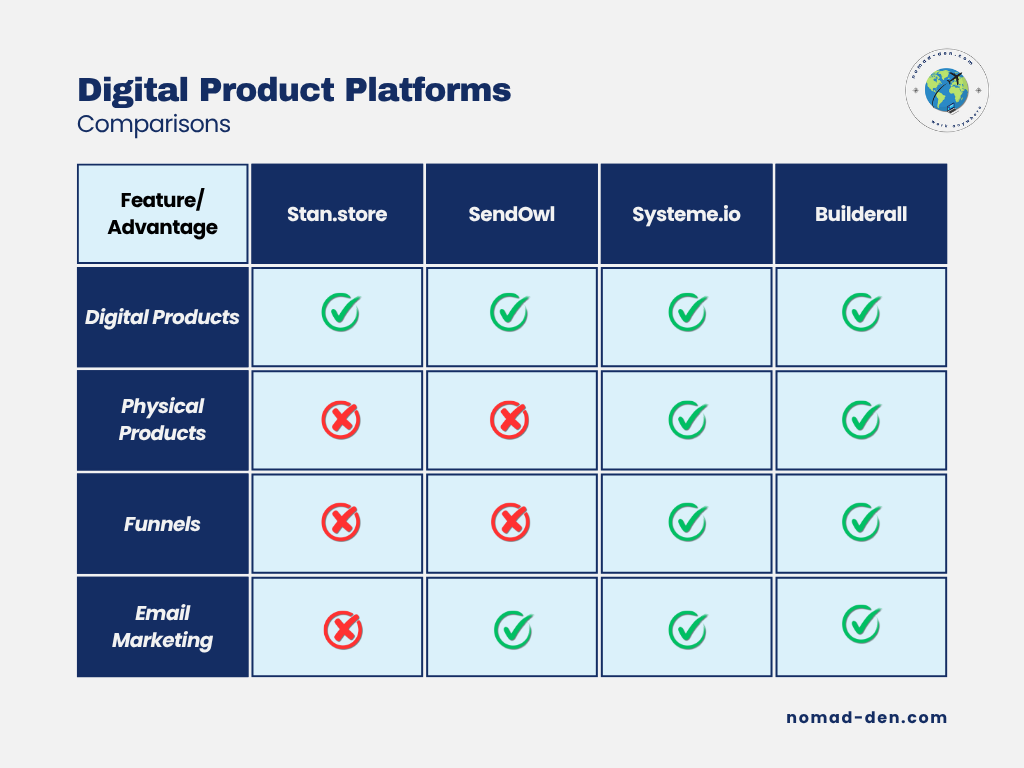
Affiliate Disclosure: This post contains affiliate links. If you click on these links and make a purchase, I may earn a commission at no additional cost to you. I only recommend products or services I genuinely believe in and that I believe will add value to my readers. Thank you for your support!
There has never been more opportunity to create your personalized business and leave behind the traditional workplace commute, cubicle, and management that doesn’t appreciate you as much as you deserve. The truth is: your management and the CEO of your company don’t want you to know about this opportunity. They don’t want you to believe what is possible for you—because they make money from you.
Disclaimer: if you are happy with your workplace conditions and feel well-represented, consider yourself among the fortunate minority. This post may still offer value, but it’s primarily for those seeking a way to break free from the constraints of the traditional 9-to-5 and take control of their financial future.
Best E-Commerce Platforms
E-commerce is one of the most lucrative online business opportunities, with countless tools and platforms available to help you succeed. Finding the best e-commerce platforms tailored to your goals is key to maximizing your potential. The world wide web continues to grow and provide opportunities for a majority of the global population, with nearly 5 billion people using it every day. Whether you’re just learning about ecommerce for small business or deciding between digital products and physical goods, this guide simplifies the core differences.

Click here to go to the source and learn more insights.
Best Physical Product Platforms
While managing physical products remains a thriving area in e-commerce, it comes with unique challenges, such as sending products to Amazon FBA, inventory storage, and shipping logistics. Some of the more obvious costs would be the inventory, warehouse and storage fees, shipping and handling costs (these costs can vary, but are still a necessary element that require cost management vs digital products), product returns, and many other associative costs that are typically more prohbitive compared to digital product sales.
For a deeper dive into the various costs of starting an e-commerce business, check out this article by Forbes: 16 Key Costs To Consider When Starting An E-Commerce Business.
- Shopify: A scalable, user-friendly platform ideal for creating online stores, with tools for inventory management, payment processing, and integrations. From small startups to polished Shopify store examples, it’s perfect for growing your business.
- Amazing Selling Machine: (ASM) A training platform focused on teaching how to build and grow an Amazon FBA (Fulfillment By Amazon) business.
Join the #1 e-commerce training platform for 11 years running and learn the proven strategies to build a successful Amazon FBA business—and beyond. Get the tools, guidance, and community support you need to launch and scale your brand. Sign up for a FREE ASM trial today and turn your e-commerce dreams into reality!
- BigCommerce: Built to scale with tools for managing large inventories and multi-channel sales, ideal for expansion-focused businesses.
- WooCommerce: Customizable and WordPress-friendly, equipped with plugins to handle inventory, shipping, and other physical product needs.
Whatever your e-commerce goals, these four titans of online stores provide essential tools for success, whether you’re a newcomer building your first store or an experienced digital sales expert seeking scalable solutions to grow even further.

Best Digital Product Platforms
The clear difference between physical and digital products lies in operational costs. Learning how to create digital products and identifying the most in-demand digital products to sell can simplify your path to success. With digital products, there is no inventory, warehouse or store fees, shipping and handling costs, and product returns (if offered) can be simplified as part of the digital process.
Some of the most common types of digital products include eBooks, online courses, templates, and software. These are easy to distribute and require no inventory management — which makes selling digital products one of the most scalable business models today. Here are some of the best platforms for selling digital products:
Stan.store:
- Effortlessly sell digital products with built-in analytics, affiliate tools, and customizable storefronts. Perfect for creators looking for a fast, user-friendly way to monetize their content.
Get started with Stan today with their 14-day Free Trial period!
SendOwl:
- Streamlined digital delivery with automated workflows, secure payments, and integrations for smooth sales. A simple yet powerful platform for selling eBooks, courses, and more.
Get started with SendOwl today—your first week is on the house! Take 7 days to explore the platform before making a commitment.
Systeme.io:
- A powerful all-in-one tool for funnels, email marketing, and product sales. Widely regarded as the best platform for selling digital products, it offers free, scalable solutions for entrepreneurs.
Get started with Systeme today! Free plan available with no time limit!
Builderall:
- Versatile and comprehensive, Builderall combines tools for websites, funnels, email campaigns, and more—all designed for digital marketing success.
Get started with Builderall today! Access powerful tools for building websites, funnels, and digital marketing campaigns—all in one versatile platform. Try it out and bring your business ideas to life!
Digital goods simplify e-commerce by offering a streamlined path to success with instant delivery via a digital product website or platform. If you’re exploring how to sell digital goods online or looking for the best platforms to sell digital products, starting with low-cost tools can save time and money while building your store.
Conclusion
Whether you’re exploring ecommerce business ideas or bringing tangible products to market, these eight platforms offer the tools and flexibility to help you succeed.
Many of these platforms, like Shopify, BigCommerce, WooCommerce, and Systeme.io, support both physical and digital products, giving you the flexibility to adapt as your business grows. While SendOwl and Stan.store specialize in digital goods, the remaining options provide robust tools to manage a combination of product types, making them ideal for versatile entrepreneurs.
Continue Reading Related Posts
- Top Platforms to Sell Digital Products in 2025 – Explore the best tools for selling digital products like SendOwl, Systeme.io, and Stan Store. Learn how to choose the right fit for your goals.
- How to Do Affiliate Marketing Without a Website – Find out how to start affiliate marketing without launching a site. This guide offers practical tools and tips for beginners.
- Launching Your Online Store: A Step-by-Step Guide – Set up your first online store from scratch using beginner-friendly platforms and essential e-commerce strategies.
